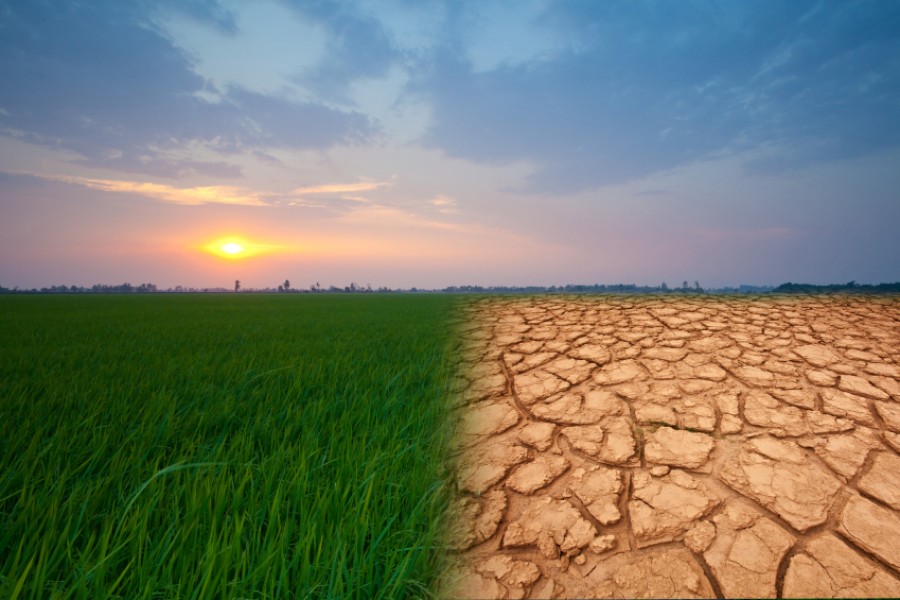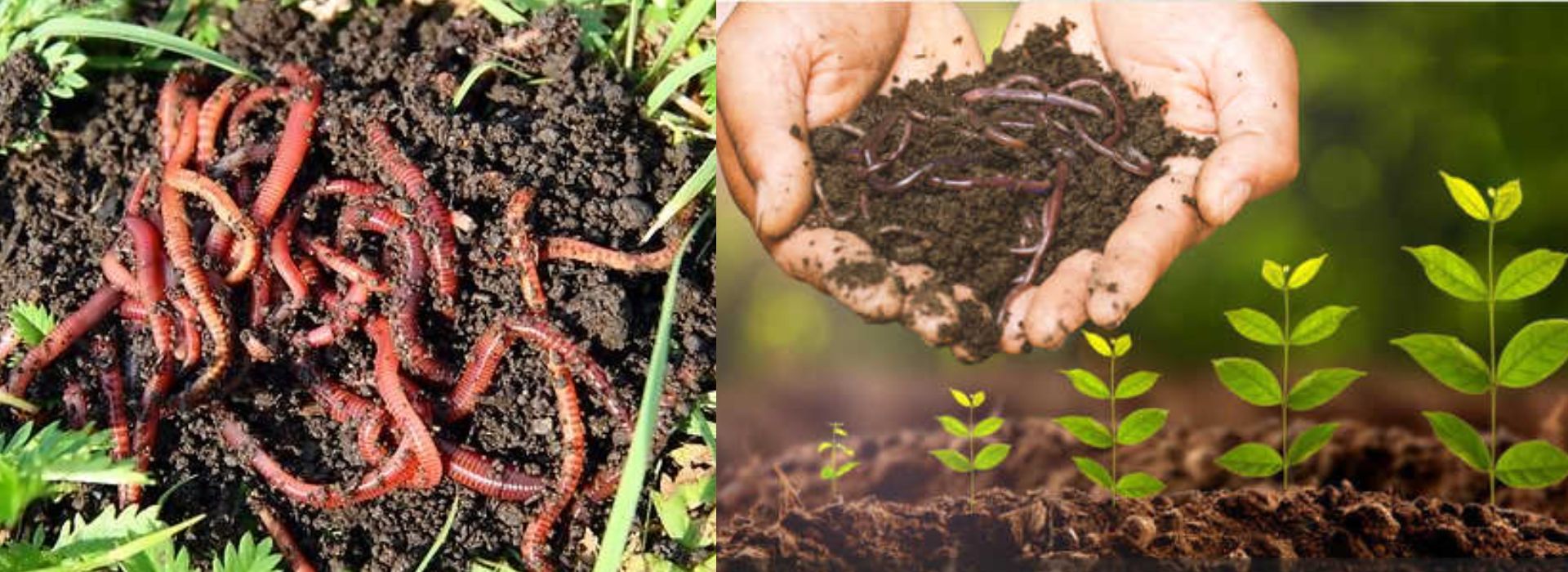The Impact of Climate on Agriculture
January 29, 2024the realm of agriculture, the impact of climate on crop production is a topic of growing concern and significance. Climate patterns play a pivotal role in shaping the conditions under which farmers operate, influencing everything from crop selection to yield predictions. In this blog post, we will delve into the multifaceted relationship between climate and agriculture, exploring both the challenges and opportunities that arise as farmers strive to adapt and cultivate resilience in the face of a changing climate.
The Dynamic Dance of Temperature and Precipitation:
Temperature Extremes:
Rising global temperatures present challenges for farmers worldwide. Increased temperatures can affect crop development, altering growth cycles and potentially leading to reduced yields. Crop varieties that were once well-suited to a particular region may now face new challenges as temperature norms shift.
Frost and Freeze Events:
Conversely, extreme cold events and unexpected frosts pose threats to sensitive crops. Farmers need to be vigilant in monitoring weather forecasts and implementing protective measures to safeguard against temperature-related damages.
Changing Precipitation Patterns:
The distribution and frequency of precipitation are changing, impacting water availability for crops. Some regions experience more intense and unpredictable rainfall, leading to flooding and soil erosion, while others face prolonged droughts, necessitating innovative water management strategies.
Adapting to Climate Variability:
Crop Diversification:
One strategy to mitigate the impact of changing climates is crop diversification. Farmers can explore and introduce new crop varieties that are better suited to altered temperature and precipitation patterns. Diversification not only enhances resilience but can also offer economic benefits by tapping into new markets.
Precision Agriculture Technologies:
The advent of precision agriculture technologies has empowered farmers to monitor and manage their fields with unprecedented accuracy. Sensors, drones, and satellite imagery provide real-time data on soil conditions, enabling farmers to make informed decisions about irrigation, fertilization, and pest control.
Water Management:
Sustainable water management practices are crucial in the face of changing precipitation patterns. Implementing efficient irrigation systems, rainwater harvesting, and water conservation measures can help ensure that crops receive adequate moisture even in the midst of unpredictable weather.
Climate-Resilient Crops:
Researchers are actively developing and promoting the adoption of climate-resilient crop varieties. These varieties are bred to withstand specific climate stressors, such as heat, drought, or flooding, providing farmers with tools to adapt to evolving environmental conditions.
Global Collaboration and Policy Initiatives:
International Collaboration:
Climate change knows no borders, and its impact on agriculture is a global concern. Collaborative efforts on an international scale are crucial for sharing knowledge, resources, and best practices that can help farmers adapt to climate variability.
Policy Support:
Governments play a pivotal role in supporting farmers facing climate challenges. Implementing policies that incentivize sustainable farming practices, promote research and development of climate-resilient crops, and invest in climate-smart infrastructure can contribute to building a more resilient agricultural sector.
At krishibazaar.in, you can find and buy various agricultural products. For agricultural guidance on selecting the most suitable products for your crops, please contact or WhatsApp at +917887880887.






Guest reviews
No reviews found for this Blog